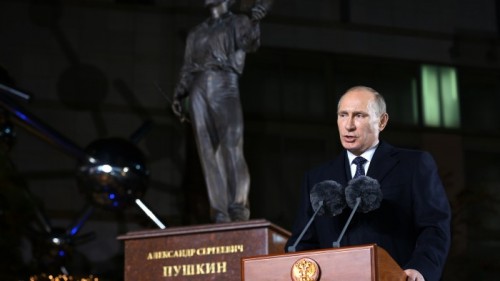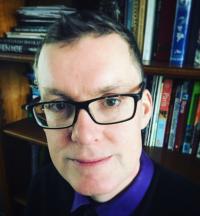
Putin’s nationalism problem
The crisis in Ukraine has produced a new narrative about Vladimir Putin’s leadership. In contrast to the stated modernising goals of his first two presidencies – the achievement of greater state efficacy and the improvement of living standards and prosperity for ordinary Russian citizens – Putin has been recast as the saviour of the Russian nation. This new narrative includes a mission to protect the citizens of the ‘Russian World’ that live beyond the borders of the Russian Federation. In some analysis, this has led to parallels with Slobodan Milosevic’s political journey in the former Yugoslavia (Whitmore, 2014).
Yet, while Vladimir Putin has shown strong patriotic instincts throughout his political career, he is not a natural nationalist. In an article titled ‘Russia: The Ethnicity Issue,’ which Putin published in January 2012 ahead of the presidential election, his ambiguous support for ethnically-based nationalism was apparent. He warned about the dangers that ethnic chauvinism posed to the territorial integrity of the Russian state: ‘I am convinced that the attempts to preach the idea of a “national” or monoethnic Russian state contradict our thousand-year history,’ he averred, ‘this is a shortcut to destroying the Russian people and Russian statehood, and for that matter any viable, sovereign statehood on the planet’ (Nezavisimaya Gazeta, 2014). Moreover, his regime’s relationship with the nationalist leadership in eastern Ukraine, and their ideological backers in Russia, has not always been cordial during the Ukrainian conflict. Putin’s commitment to the creation of a new territory, ‘Novorossiya,’ which would lead to the breakup of Ukraine, has been questioned by nationalist ideologues and militia leaders throughout the crisis (Sonne, 2014).










